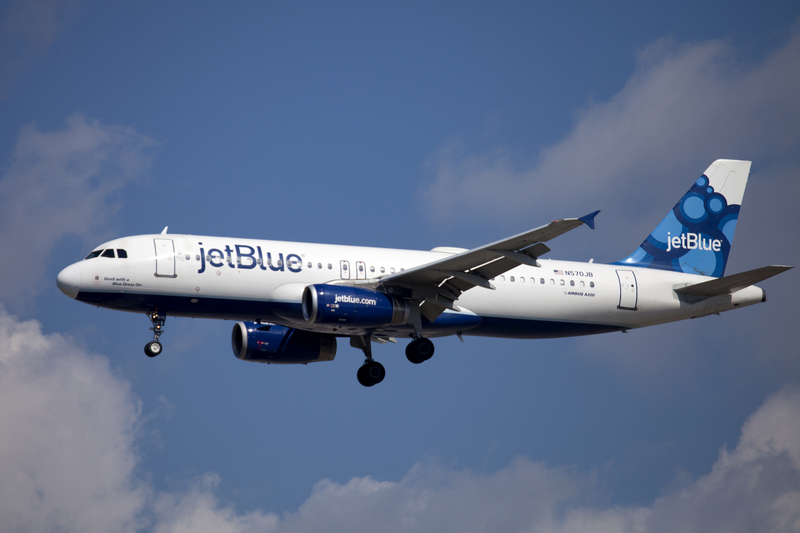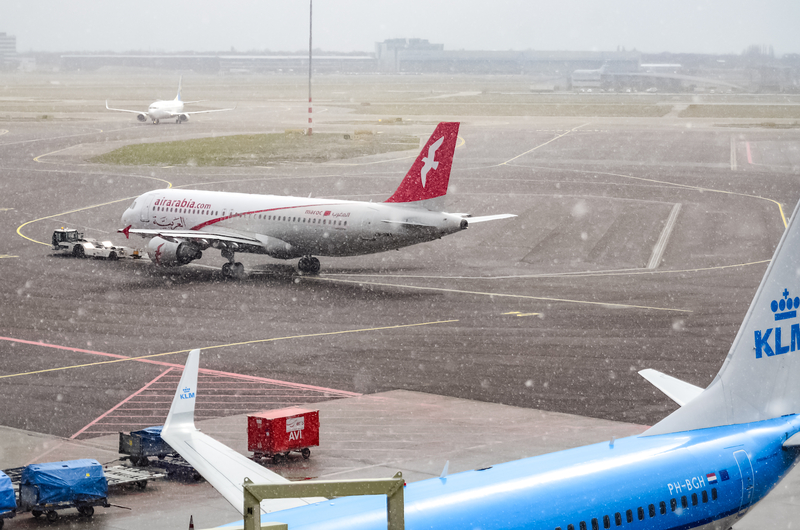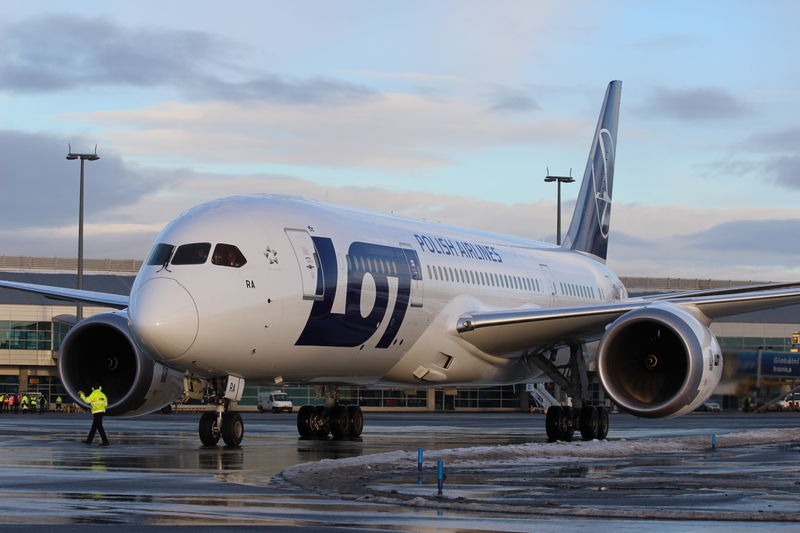Haiti’s Airline Shutdowns Create Crisis for Adoptive Families Amid Escalating Violence

ID 246002692 | Airline © Alexey Novikov | Dreamstime.com
In response to escalating violence in Haiti, the U.S. Federal Aviation Administration (FAA) has temporarily suspended flights between the U.S. and Haiti, leading to profound challenges for families in the U.S. who are in the process of adopting Haitian children. The suspension, which took effect in early November 2024 and will last for 30 days, comes after several incidents of gang-related gunfire targeting aircraft, including those operated by Spirit, JetBlue, and American Airlines. The suspension has left many adoptive parents unable to reach their children, who are now caught in the midst of Haiti’s worsening instability.
Airline Suspensions Following Security Incidents
The FAA’s decision to suspend flights follows a series of alarming incidents involving gunfire directed at planes arriving and departing from Haitian airports. In one incident, a Spirit Airlines plane experienced minor damage after being hit, while other airlines reported similar events, all attributed to gang-related violence in areas surrounding the airport. Although no fatalities occurred, the growing threat to aviation safety prompted the FAA’s swift action to ban U.S. carriers from flying into Haitian airspace below 10,000 feet, effectively halting commercial flights to the nation.
With U.S. flights suspended, airlines operating routes between the U.S. and Haiti have grounded operations, leaving passengers, including many adoptive parents, unable to complete travel plans. In an official statement, the FAA emphasized that this decision was taken to protect passengers and crew while authorities assess the risk level in Haitian airspace.
Impact on Adoptive Families
The sudden halt in flights has caused significant distress among U.S. families who were in various stages of the adoption process. Many adoptive parents have expressed deep concerns about their children’s safety, with some children in orphanages located near areas heavily affected by gang violence. These families, who have been waiting months or even years to complete their adoptions, now face prolonged separation from their children due to the transportation restrictions.
The complications extend beyond logistical delays, as the suspension of flights has also created legal and bureaucratic hurdles. Haitian orphanages are reporting shortages in basic supplies, which are becoming increasingly difficult to procure due to restricted access. For adoptive families, these delays mean additional time spent waiting for their children, many of whom are in already challenging and resource-limited conditions.
Calls for Humanitarian Parole and Government Action
In response to the crisis, adoptive parents and advocacy organizations are urging the U.S. government to consider humanitarian parole, allowing Haitian adoptees to enter the U.S. before finalizing their adoption paperwork. This measure would expedite the process and bring children to safety while allowing families to complete adoption formalities from the U.S. However, bureaucratic challenges and security concerns have slowed progress on these requests, and no definitive solution has yet been announced.
The U.S. Department of State, responsible for coordinating with Haitian authorities on adoption processes, has pledged to work on solutions to address these complications. However, officials have noted that the political instability in Haiti has affected government operations, complicating collaborative efforts to facilitate humanitarian exceptions. Families awaiting adoption finalization are anxiously hoping for a temporary resolution, calling on lawmakers to prioritize the children’s welfare given the severity of the situation.
Broader Humanitarian Implications
The flight suspensions also have serious implications for humanitarian efforts in Haiti, as many aid organizations rely on air travel to deliver critical supplies and support personnel. The United Nations and other international agencies have curtailed operations, suspending programs that provide essential services to vulnerable populations in Haiti. This situation has further exacerbated Haiti’s humanitarian crisis, as essential aid, food supplies, and medical assistance become harder to access in the most affected regions.
The inability to deliver resources to children’s facilities and orphanages has led to shortages in critical care items, impacting the welfare of children awaiting adoption and the broader community. The international community has expressed concern over the intensifying crisis and is closely monitoring developments, with calls for coordinated action to address both the security and humanitarian needs emerging from the escalating violence.
Future Prospects and the Need for Swift Solutions
As the 30-day flight suspension progresses, adoptive families and advocacy groups are hopeful for a timely response from both the U.S. and Haitian governments to facilitate reunification with their adopted children. Humanitarian organizations continue to advocate for measures that could protect vulnerable populations and sustain essential services, despite the limitations imposed by the current security situation.
The crisis in Haiti highlights the profound societal impacts that aviation disruptions can have, affecting not only travelers but also humanitarian missions and vulnerable communities. As adoptive families, government agencies, and aid organizations work through these challenges, the importance of a secure, reliable, and accessible transportation network becomes ever more apparent in safeguarding human welfare.




